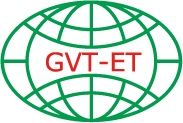Blogs & News
We are focus on automotive wiring harness & connectors technology.
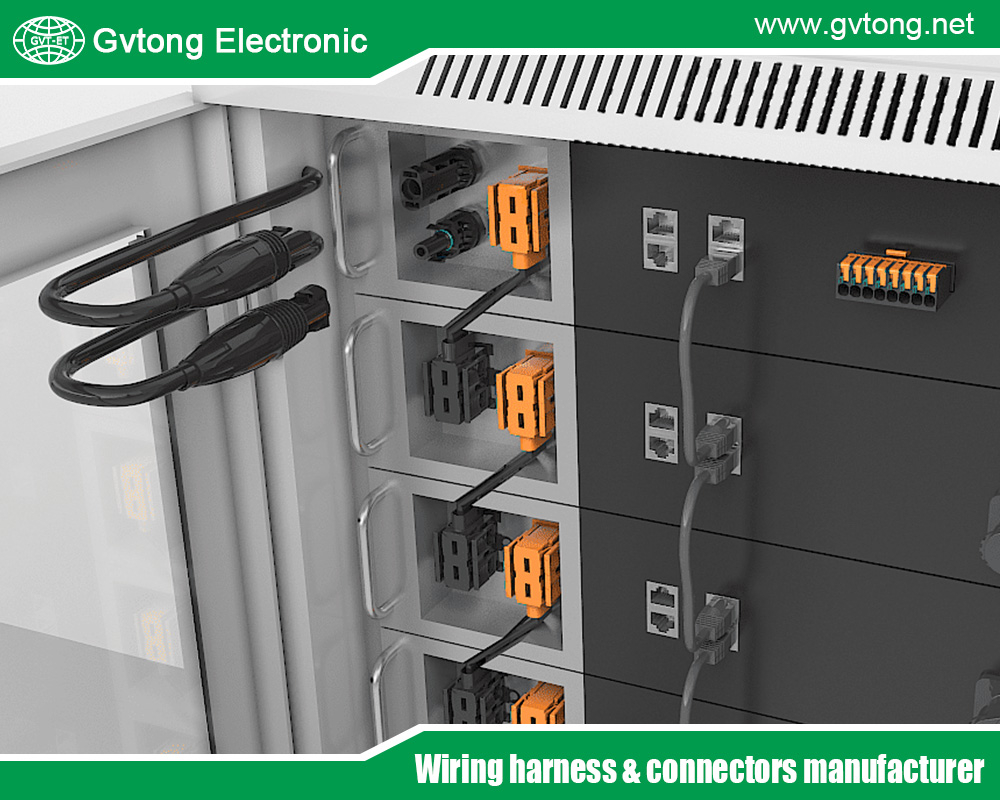
EV Charging Connectors Manufacturers
- Gvtong Electronic
- automotive antenna connector, automotive coaxial connector, automotive data connector, automotive diagnostic connector, automotive electrical connector, automotive high - frequency, automotive hybrid connector, automotive Low voltage connector, Automotive Low Voltage Signal And Power Connector Solutions, automotive Oil-resistant Connectors, automotive optical fiber connector, automotive power distribution, automotive Signal Connector, automotive waterproof connectors, best EV charging connectors manufacturers, best photovoltaic connectors for solar panels, China Energy Storage Connector Manufacturers, China High Current Connectors Manufacturer, China High Frequency And High Speed Connectors Manufacturer, China Industrial Electrical Connectors Manufacturers, china photovoltaic connectors manufacturers, electric vehicle EV connector supplier, EV charging connectors, EV charging connectors factory, EV charging connectors manufacturers, EV charging connectors supplier, EV Connectors, High Voltage EV Battery Connector For Electric Vehicles
- No Comments
EV Charging Connectors Manufacturers
The rise of electric vehicles (EVs) has transformed the automotive industry, with global EV sales projected to reach 31.1 million units annually by 2030, according to BloombergNEF. At the heart of this revolution lies the charging infrastructure, where EV charging connectors play a pivotal role. These connectors are the critical interface between EVs and charging stations, enabling efficient and safe power transfer. As EV adoption accelerates, manufacturers of charging connectors are under pressure to innovate, standardize, and scale production to meet diverse global demands. This article explores the leading manufacturers of EV charging connectors, the types of connectors they produce, industry trends, and the challenges shaping this dynamic sector. By examining the contributions of key players and emerging trends, we aim to provide a comprehensive overview of the EV charging connector landscape and its role in powering the future of mobility.
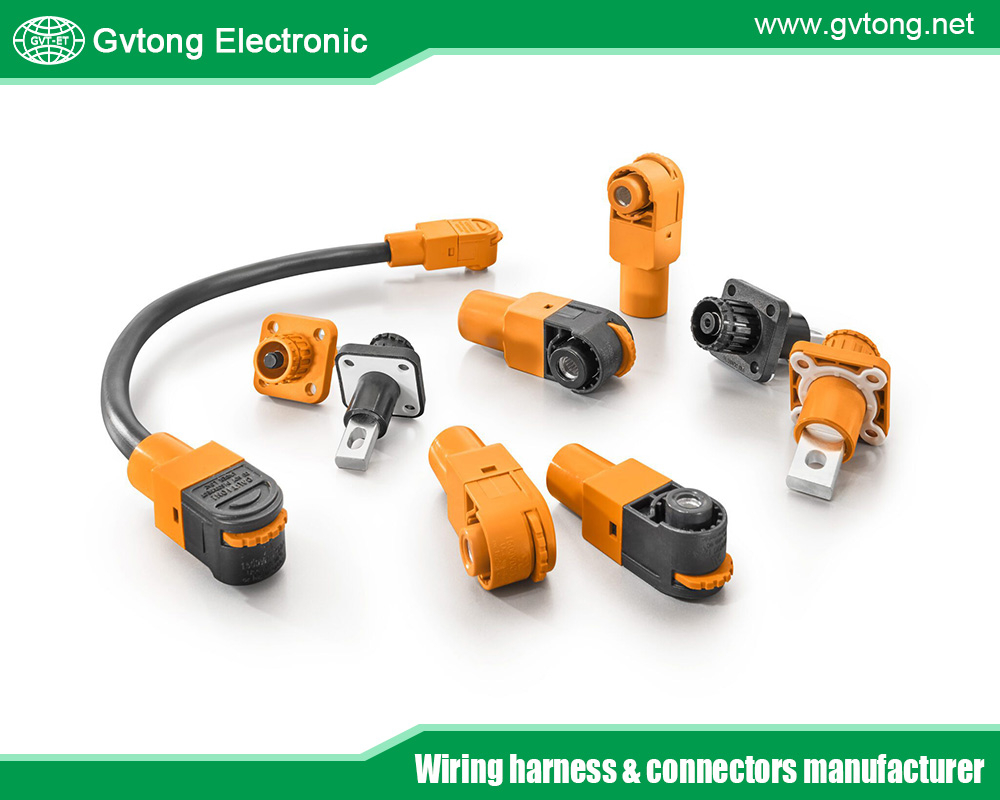
Types of EV Charging Connectors
EV charging connectors vary by region, vehicle type, and charging speed, with several standards dominating the market. The Combined Charging System (CCS), available in CCS1 (North America) and CCS2 (Europe), is widely adopted for its ability to support both AC and DC fast charging. The CHAdeMO standard, primarily used by Japanese manufacturers like Nissan and Mitsubishi, is designed for DC fast charging but is losing ground to CCS in many markets. The Tesla North American Charging Standard (NACS), now standardized as SAE J3400, is gaining traction in North America, with non-Tesla manufacturers adopting it for compatibility with Tesla’s Supercharger network. The SAE J1772 connector, also known as Type 1, is common for Level 1 and Level 2 AC charging in North America, while the Mennekes (Type 2) connector dominates in Europe for AC charging.
Standardization is critical for EV adoption, as incompatible connectors can frustrate users and hinder infrastructure growth. Regional variations—such as CHAdeMO’s prevalence in Japan and CCS2’s dominance in Europe—reflect local automotive preferences and regulatory frameworks. Manufacturers must navigate these differences while pushing for universal solutions to simplify the charging experience. The shift toward J3400 in North America, for instance, signals a move toward greater interoperability, but global harmonization remains elusive.
Key Manufacturers of EV Charging Connectors
The EV charging connector market is served by a mix of established electronics giants and specialized manufacturers, each contributing unique expertise. Below is an overview of key players based on their market presence and product offerings:
- Japan Aviation Electronics (JAE)
JAE is a prominent manufacturer offering an extensive lineup of EV charging connectors compliant with CHAdeMO and CCS standards. Their products cater to both AC and DC charging applications, emphasizing durability and high performance. JAE’s connectors are widely used in public charging stations and are known for their reliability in harsh environments.
- Volex
Volex specializes in EV charging cables, grid plugs, and socket outlets, serving both residential and commercial markets. Their focus on high-quality, customizable solutions has made them a preferred supplier for EV charging infrastructure globally. Volex’s products are designed to meet stringent safety and performance standards, positioning them as a leader in the EV market.
- HARTING
HARTING produces high-performance EV charging cables for home and public stations. Their connectors are engineered for reliability and efficiency, supporting the global push for better charging infrastructure. HARTING’s emphasis on robust design makes their products suitable for high-traffic charging environments.
- Renhotec Group
Renhotec focuses on energy applications for EVs, offering a range of connectors and chargers tailored to new energy vehicles. Their products are designed for high-voltage applications, addressing the needs of fast-charging networks. Renhotec’s innovation-driven approach positions them as a rising player in the market.
- Amphenol Energy
Amphenol specializes in customizable cable assemblies, including CCS1 SAE connectors for EV charging stations. Their domestic manufacturing capabilities allow them to meet specific OEM and maintenance requirements, making them a key supplier in North America.
- KST Terminals
KST is a globally recognized manufacturer of electrical terminals and automotive connectors, certified under ISO and IATF 16949 standards. Their EV charging connectors are designed for durability and compatibility with various charging standards, serving both automotive and infrastructure applications.
- WORKERSBEE
WORKERSBEE is a high-tech manufacturer focused on R&D and production of EV charging equipment. Their connectors are designed for efficiency and scalability, catering to the growing demand for fast-charging solutions. WORKERSBEE’s emphasis on innovation makes them a notable player in the new energy sector.
- Yonggui Electric
Yonggui Electric is a trusted supplier of high-quality EV connectors and couplers. Their products are designed for reliability and compatibility, serving both domestic and international markets. Yonggui’s focus on precision engineering has earned them a strong reputation in the EV charging ecosystem.
- Guchen Electronics
Guchen specializes in high-voltage EV connectors, offering a range of products with varying specifications to meet diverse charging needs. Their focus on custom solutions and advanced manufacturing processes positions them as a key player in the high-voltage connector market.
- Other Notable Players
Companies like Kensington Electronics, Powell Electronics, and TTI Inc. distribute connectors from multiple manufacturers, enhancing market access. Connector-Tech ALS supplies connectors from brands like Phoenix Contact and PCE, catering to specific regional needs. Additionally, companies like BizLink offer industry-standard connectors like the SAE J1772 AC Charging Coupler, widely used in EV supply equipment.
These manufacturers collectively drive innovation by developing connectors that support faster charging, higher voltages, and greater durability. Emerging players like WORKERSBEE and Renhotec are challenging established giants by focusing on niche applications and cost-effective solutions, while companies like JAE and HARTING leverage their extensive experience in electronics to maintain market leadership.
Industry Trends and Innovations
The EV charging connector industry is evolving rapidly, driven by technological advancements and market demands. One significant trend is the growing adoption of Tesla’s NACS (SAE J3400), which is becoming a de facto standard in North America. Major automakers, including Ford and General Motors, have announced plans to adopt J3400 by 2025, enabling non-Tesla EVs to access Tesla’s Supercharger network. This shift is reducing reliance on CCS and CHAdeMO, as evidenced by Blink Charging’s launch of a J3400-compatible fast charger.
Another trend is the development of high-voltage and ultra-fast charging connectors. Manufacturers like Guchen Electronics and Renhotec are designing connectors capable of handling 800V systems, enabling charging speeds that can deliver a full charge in under 20 minutes. These advancements are critical for long-distance EV travel and commercial fleets. Additionally, sustainability is gaining traction, with companies like Volex and HARTING exploring eco-friendly materials and modular designs to reduce waste and improve recyclability.
Interoperability is another focus area, as manufacturers work to create connectors that support multiple standards or adapt to regional variations. For example, JAE’s CHAdeMO and CCS-compliant connectors cater to diverse markets, while Amphenol’s customizable assemblies address specific OEM needs. These innovations are crucial for scaling EV infrastructure and ensuring a seamless user experience.
Challenges in the EV Charging Connector Industry
Despite progress, the EV charging connector industry faces several challenges. Compatibility issues remain a significant hurdle, as differing standards (e.g., CCS1, CCS2, CHAdeMO, J3400) create confusion for consumers and complicate infrastructure deployment. While J3400’s rise may streamline North American charging, global standardization is still distant.
Supply chain constraints also pose challenges, with shortages of raw materials like copper and rare earth metals driving up costs. Manufacturers like Amphenol and Yonggui Electric must navigate these constraints while maintaining competitive pricing. Additionally, regulatory and safety concerns—such as ensuring connectors meet stringent standards like ISO and IATF 16949—require significant investment in testing and certification.
Another challenge is the need for infrastructure scalability. As EV adoption grows, manufacturers must produce connectors at scale while maintaining quality. This is particularly critical in regions with underdeveloped charging networks, where companies like WORKERSBEE and Renhotec are stepping in to fill gaps.
Future Outlook
The EV charging connector market is poised for significant growth, with a projected CAGR of 14.5% through 2030, driven by rising EV sales and government investments in charging infrastructure. Manufacturers will play a pivotal role in shaping this future by developing connectors that support faster, safer, and more sustainable charging. The shift toward J3400 in North America suggests a move toward consolidation, but global markets may continue to support multiple standards for years to come.
Emerging technologies, such as wireless charging and vehicle-to-grid (V2G) systems, could further disrupt the market, challenging manufacturers to innovate beyond traditional connectors. Companies like JAE, Volex, and HARTING are well-positioned to lead this transition, while newer players like WORKERSBEE and Guchen Electronics could drive competition through specialized offerings. Ultimately, the success of EV adoption hinges on manufacturers’ ability to deliver reliable, interoperable, and cost-effective solutions.
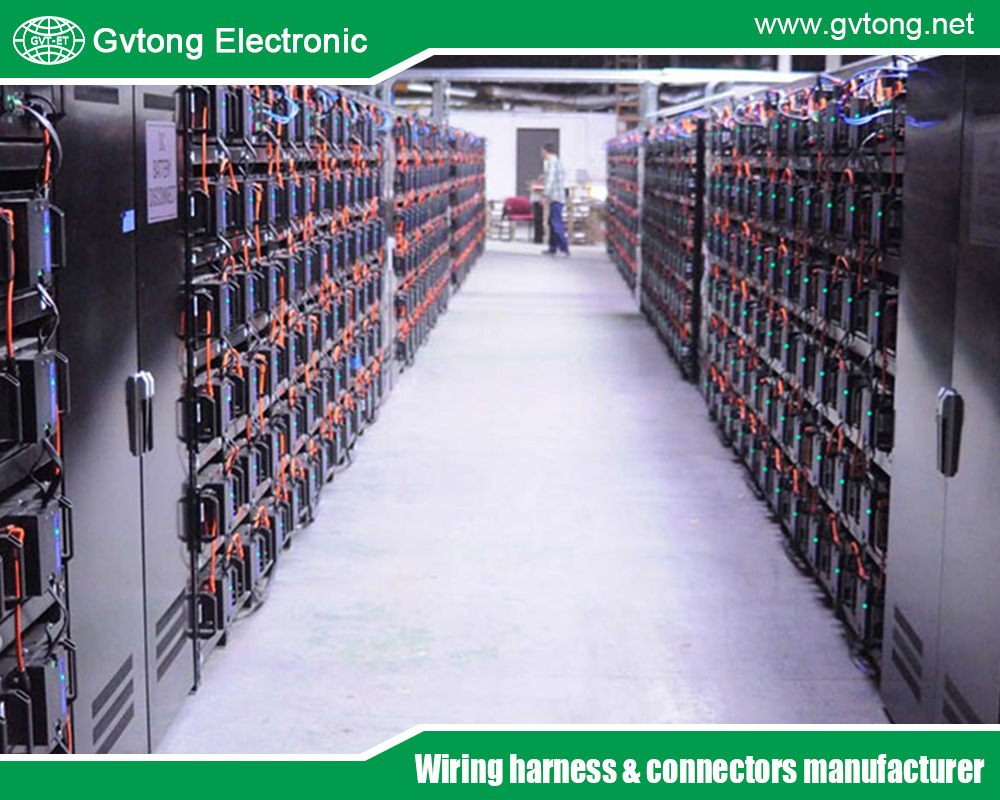
Conclusion
EV charging connectors are the unsung heroes of the electric vehicle revolution, enabling seamless power delivery across diverse markets. Manufacturers like JAE, Volex, HARTING, and others are at the forefront of this transformation, producing innovative connectors that meet evolving demands. Despite challenges like compatibility and supply chain constraints, the industry is moving toward greater standardization and sustainability. As the EV market grows, these manufacturers will continue to shape the future of mobility, ensuring that charging infrastructure keeps pace with the global shift to electric vehicles. Their innovations will determine how quickly and efficiently the world transitions to a cleaner, electrified future.
For more about the best EV charging connectors manufacturers, you can pay a visit to Gvtong at https://www.gvtong.net/ for more info.
Recent Posts
How to Diagnose and Repair Automotive Signal Connector Failures
How to Install and Maintain Low Pressure Automotive Connectors
Heat Shrink vs. Crimp: Choosing the Right 12V Car Wire Connector
Best 12V Automotive Wire Connectors for Reliable Electrical Connections
Tags
Recommended Products
-
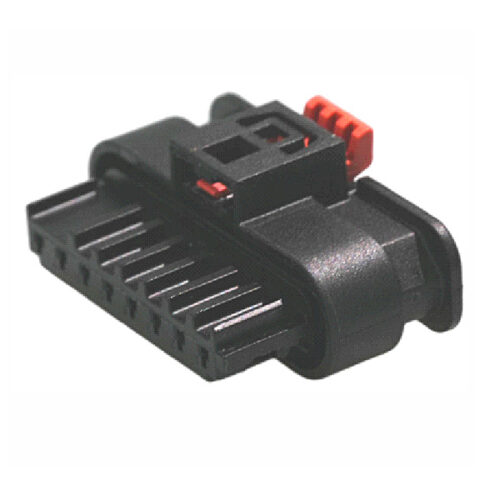
GE Series-8-core cylinder connector
-
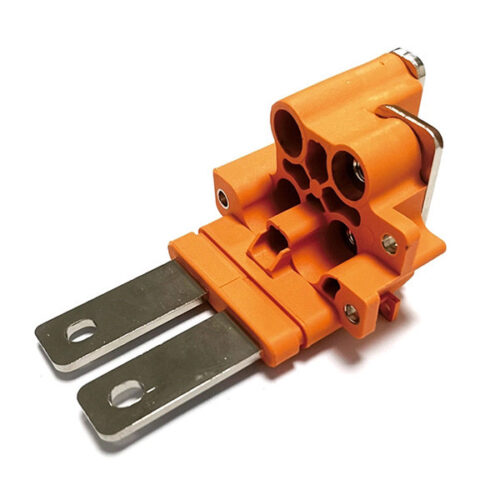
Copper bus fixing seat
-
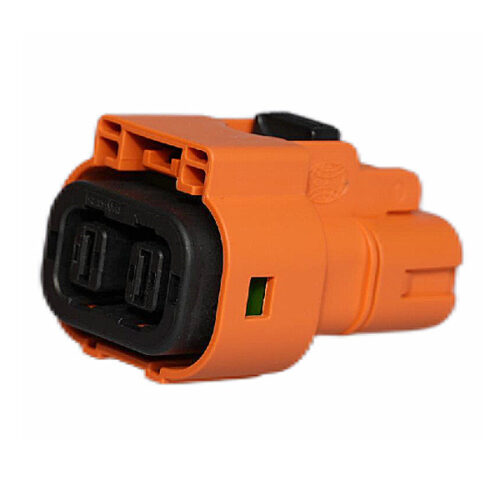
GH630 Series-2-core plastic high voltage connector
-
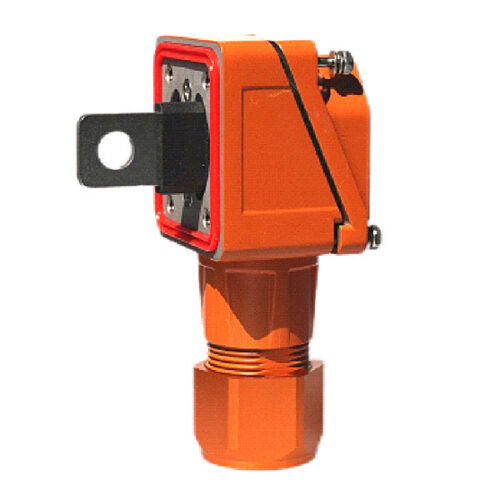
GM Series – Positive and negative junction box – inclined port
-
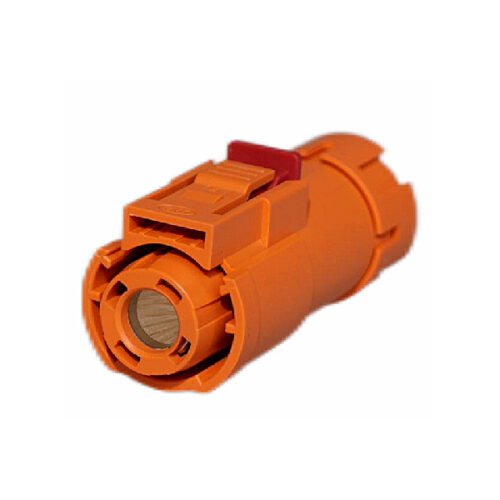
GH800 Series-1-core plastic high voltage connector
-
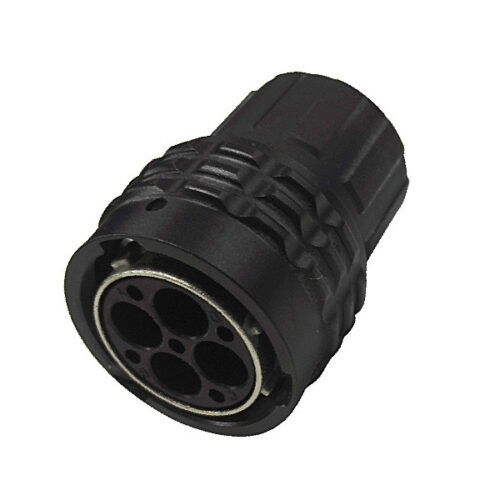
GR Series-4-core 16# circular signal connector
-
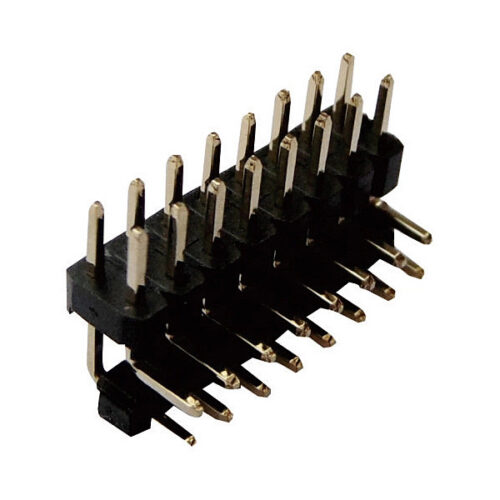
Pin header and female header
-
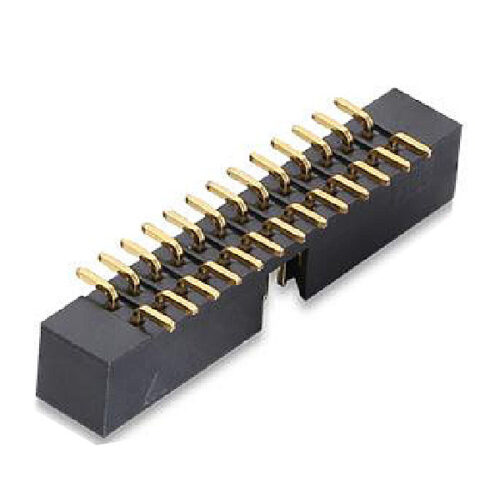
Industrial control exhaust
